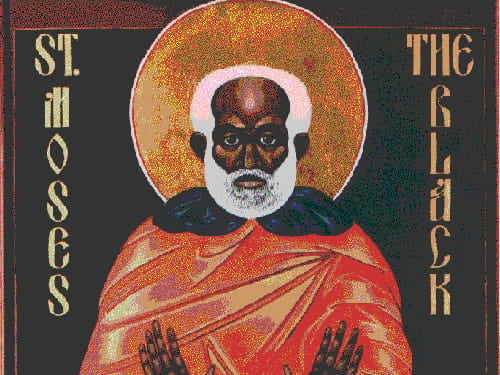
"synopsis" may belong to another edition of this title.īurney's offbeat story, which explores what it might mean to literally share in Christ's suffering, demonstrates an edginess that both attracts and repels. It's a quest for truth, sanity, and grace. Together they search for an answer to this miraculous event and along the way they cross paths with a skeptical evangelical pastor, a gentle Catholic priest, a certifiable religious zealot, and an oversized transvestite drug dealer, all of whom lend their opinion. Without understanding why, Anthony follows Gina home to find some answers. A prize-winning journalist before drugs destroyed his career, Anthony is flooded with a sense of well-being and knows he is cured of his addiction.

Anthony Priest, the junkie sitting beside her, instinctively touches her when she cries out, but Gina flees in shock and pain. Poor in health but rich in faith, Gina Merritt-a young, broke, African-American single mother-sits in a pew on Ash Wednesday and has a holy vision. (Sept.If a miracle happened to you, wouldn't you tell everyone? What if they thought you were crazy?

However, Burney's unusual voice, gritty themes, and ecumenical blending should help this uninhibited novel find a home, especially with emergent church readers. The multiple first-person perspectives work well, but stories about saints seem inserted rather than integral, and a few characters feel overdrawn. Burney pushes the boundaries for her faith fiction audience sexually, especially in references to Christ as lover. Events catapult toward an unexpected conclusion. Druggie Anthony Priest shows up to help, as does Priest's alienated mother, Veronica Morelli. (perhaps based on real-life pastor Ken Wilson and his church), a circus of sorts ensues.

When she appears to receive the stigmata on Ash Wednesday at her Vineyard Church in Ann Arbor, Mich.

Burney's protagonist, Regina “Gina” Dolores Merritt, is a 24-year-old black, health-conscious, bipolar, once suicidal single mom with fibromyalgia and migraines and a history of mental illness. Burney's offbeat story, which explores what it might mean to literally share in Christ's suffering, demonstrates an edginess that both attracts and repels.


 0 kommentar(er)
0 kommentar(er)
